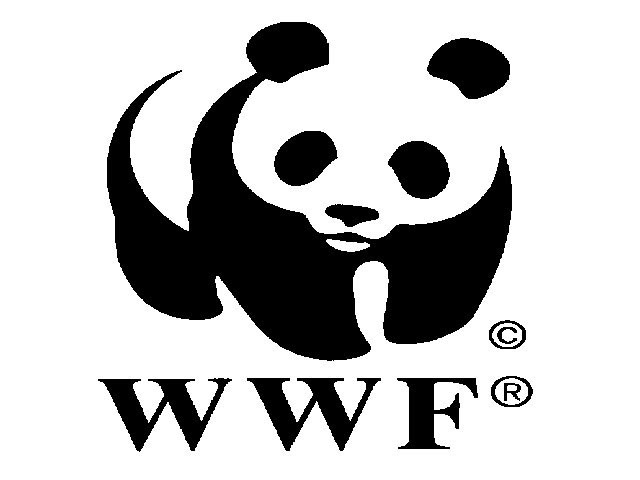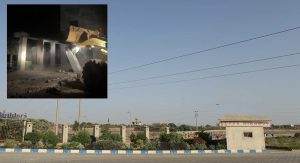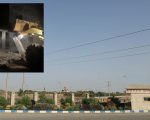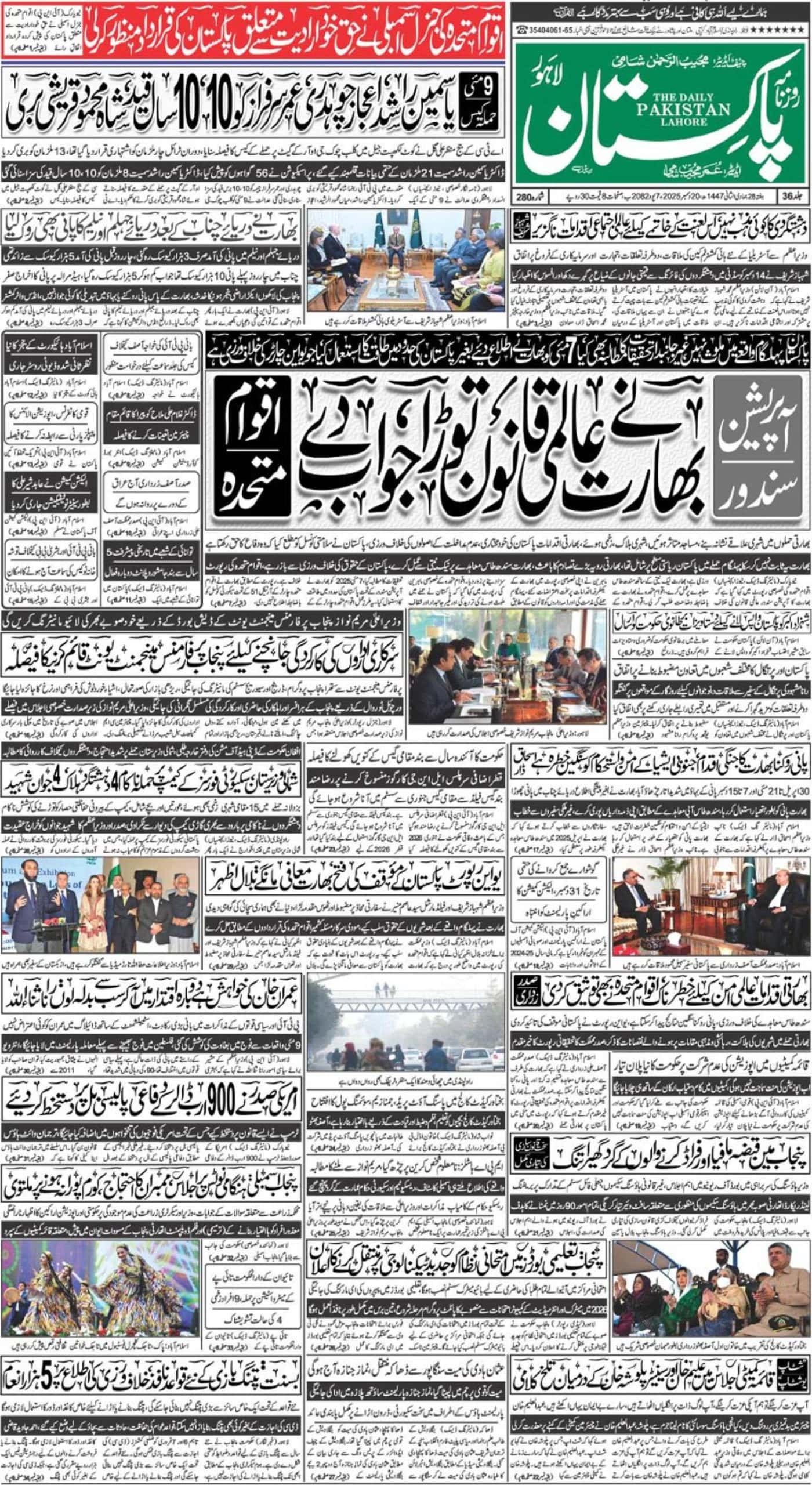LAHORE (Staff Report) – The WWF-Pakistan organised a two-day consultative and capacity building workshop, in order to develop a strategy to combat illegal wildlife trade in Punjab.
This workshop was a part of the project Combating Illegal Wildlife Trade by Establishing a National Monitoring Network that Benefits Local Communities and Environment supported by USAID through its Small Grants and Ambassador’s Fund Program.
Hammad Naqi Khan, WWF-Pakistan Director General inaugurated the ceremony here on Monday, highlighted the need for government agencies to be proactive in effective enforcement of existing laws to curb illegal wildlife trade.
He also appreciated the fact that the workshop includes representation of all major stakeholders that have a critical role in the battle against illegal wildlife trade, and is an important milestone to eliminate wildlife crime from the country.
Naqi also emphasised that such an event is an excellent opportunity to further strengthen the knowledge and skills of law enforcement agencies and to develop partnerships amongst them to effectively curb wildlife crimes.
Speaking on the occasion, Umeed Khalid, Conservator Wildlife, Ministry of Climate Change gave an overview of the Convention on International Trade in Endangered Species (CITES) regulation, its implementation at the national level and also highlighted different aspects of the Pakistan Trade Control Act of Wild Flora and Fauna 2012.
Dr.Uzma Khan, Director Species Conservation, WWF-Pakistan, shed light on various aspects of the project funded by USAID and informed participants that WWF plans to bring all relevant stakeholders on board to formulate a national level action plan to control illegal wildlife trade in the country. This workshop is one of three such events, which will also be conducted in Islamabad and Karachi in the coming weeks.
The two-day consultative workshop will be followed by training sessions aimed to enhance the capacity of field staff of the Punjab Wildlife Department, Pakistan Customs, Civil Aviation Authority and other law enforcement bodies to equip them with the basic skills to effectively tackle the wildlife trade related crimes.
The training will familiarise participants with the species that are in high trade demand, international regulations as well as national and provincial laws governing wildlife trade such as CITES and Pakistan Wild Trade Control Act, 2012, etc.
Kanwal Ali, Deputy Director, Directorate Training and Research (Pakistan Customs), Umeed Khalid, Conservator of Wildlife, Ministry of Climate Change, Sammar Hussain Khan, Assistant Secretary Wildlife, Ministry of Climate Change, senior officials of the Punjab Wildlife and Parks Department, representatives of Civil Aviation Authority (CAA), Rescue 1122, Pakistan Rangers, Punjab Police, Fisheries Department also participated in the event.













